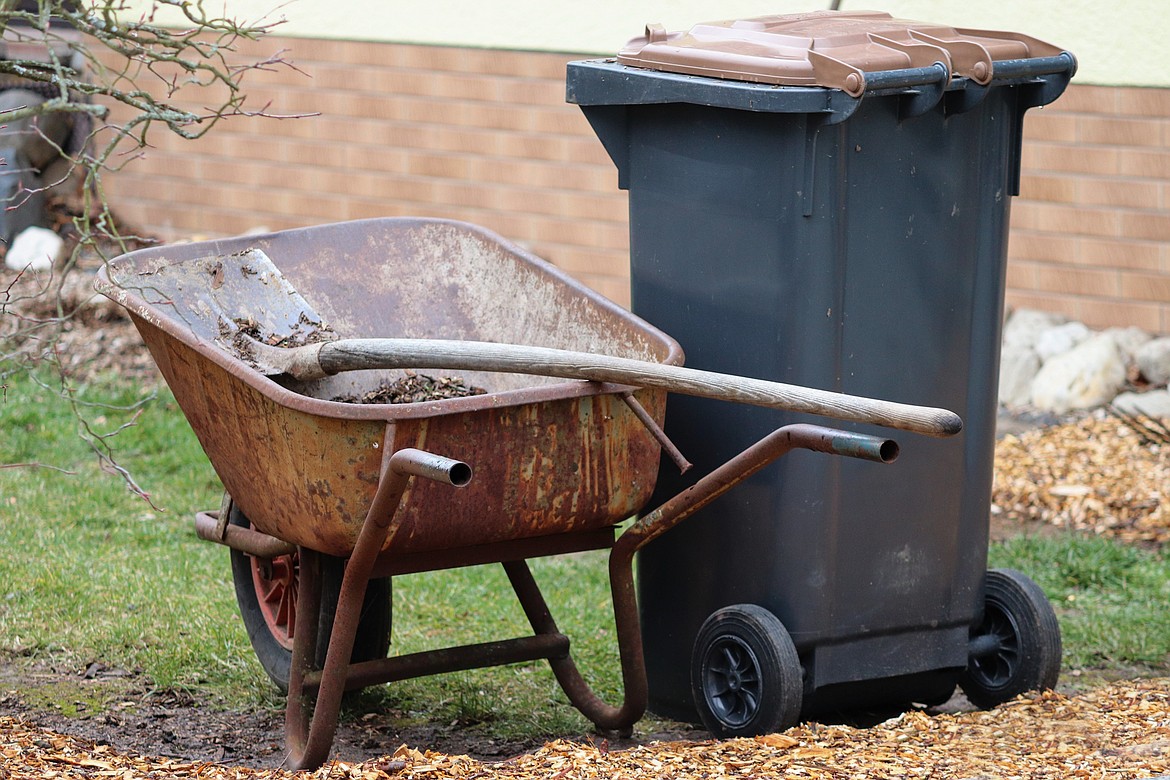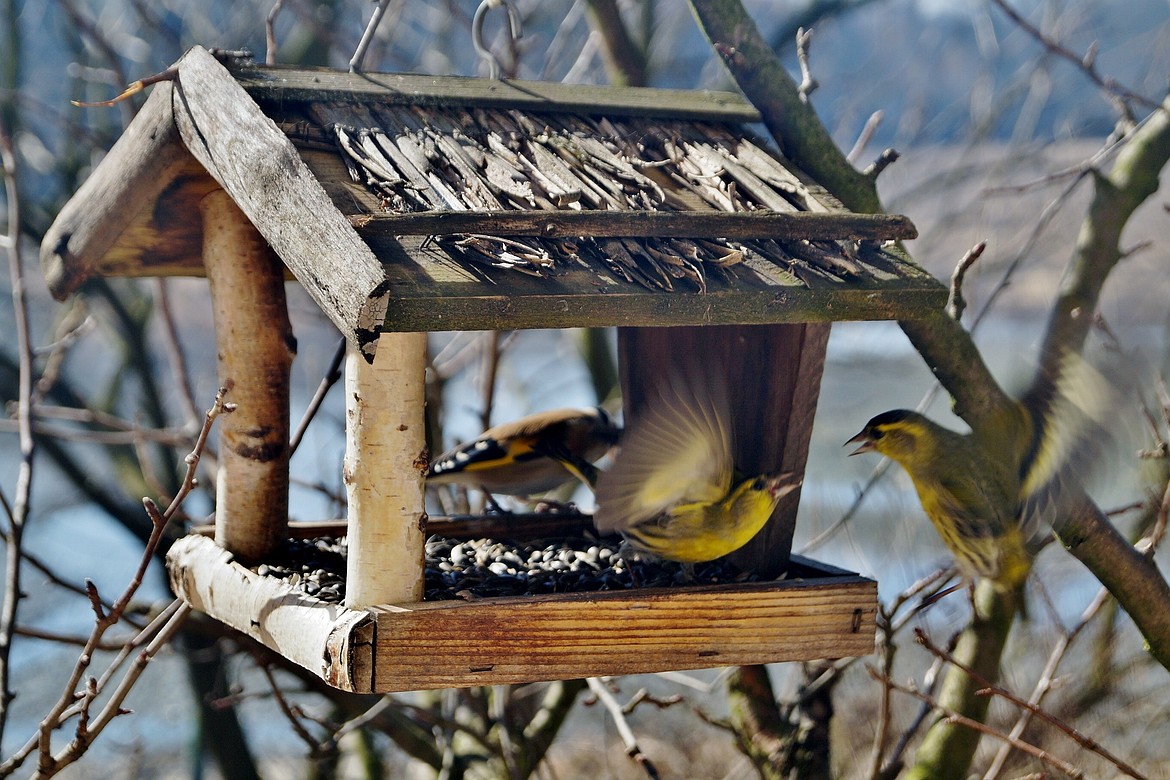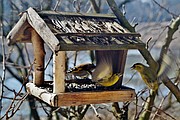Early autumn dictates garden, bird chores
Nippy nights and clear, cooler days reveal the onset of fall, and though there’s plenty of time for garden cleanup chores, a few vital preparations for upcoming cold weather are called for.
First, if ornamental gardeners haven’t as yet given plants a final dose of fertilizer, do it now. While the soil is still warm, roots and bulbs will absorb this boost of “vitamins” to store for their upcoming dormancy. Within another two months, it will be time for plants to wind down and go to “sleep” — so the artificial stimulation of fertilizer would be the last thing they need at that time.
From now through October — even into November, if the soil stays friable — is a good time to plant spring bulbs. The reason for fall planting is that tulips, daffodils, iris, peonies and other spring flowers must undergo a natural “cold treatment” in the ground. Over the winter, the cold weather dormancy triggers a chemical mechanism within the bulb that sets the process of blooming in motion. When planting bulbs, follow depth and watering instructions.
Division and transplanting can be done anytime now, with each plant having its own rules for success. Iris leaves, as long as they are green, are still providing food to the rhizomes. Don’t cut them off until they’ve faded (I pull mine away each spring). In all cases, remember to replant divisions at the same depth they were growing.
Too, if you’re moving or dividing a peony, take extra care! These wonderful perennials like to stay in one place, so if you must divide one, use extreme good judgment.
Leave the soil on and around the clump as best you can, while cutting with a heavy sharp butcher knife or even a sharp hatchet. Have the new hole ready and place the whole clump/division into it, watering well, and providing good rich soil around any empty spaces. Don’t fertilize. Then, leave it alone. Divisions of any bulbous, tuberous, corm-growing plants should never be done more often than every three years.
Herbs and veggie garden plants have their own rules. Chives, sage and mints can be divided and moved now, and tender herbs like rosemary should be potted up and moved to a protected porch or cool room before the first frost.
While most pruning should wait until spring, you may thin away broken or crossing branches now, but major cutback should be held off until after the snow has come and gone. Pruning is another “jolt-giver,” nudging shrubs to put out new growth to make up for what was removed.
Keep the gardens and lawns watered — too many people quit after harvest — but the soil needs that moisture, as do the roots of plants, shrubs and perennials. If allowed to dry out, a bad freeze can be disastrous, especially if there is no protective snow cover.
During your fall cleanup, please consider leaving small brush piles for winter bird protection. Already our summer songbirds — swallows, redwing blackbirds, robins and others, are gathering for their annual migration to warmer climes. “My” hummingbirds are already gone, along with most of the butterflies. With the exodus of summer birds, however, comes the return of the winter population, and chickadees, nuthatches, Stellar’s jays and even a few juncos are already at hand in my treed sanctuary. These hardy birds appreciate the cover, warmth and protection from predators that brush piles provide.
It will be a month or so before I put out the feeders of black oil sunflower seeds and the protein-packed suet blocks, since there’s still plenty of natural food at hand: perennials and grasses gone to seed, snowberry bushes and Mountain ash trees laden with berries.
Soon, though, I’ll clean and hang filled feeders, including a thistle tube for the pine siskins, which have not yet arrived. However, there’s still plenty of warm weather expected, so don’t put away the lawn-mower yet!
Editor's note: For many years, Valle Novak has written gardening and cooking columns for the Daily Bee. "Weekend Gardener" and "Country Chef" became renowned for their humor, information, and common-sense advice on how to do everything from planting to cooking. She left behind many columns to delight her many fans. This is one such column, originally published on Oct. 5, 2008.





